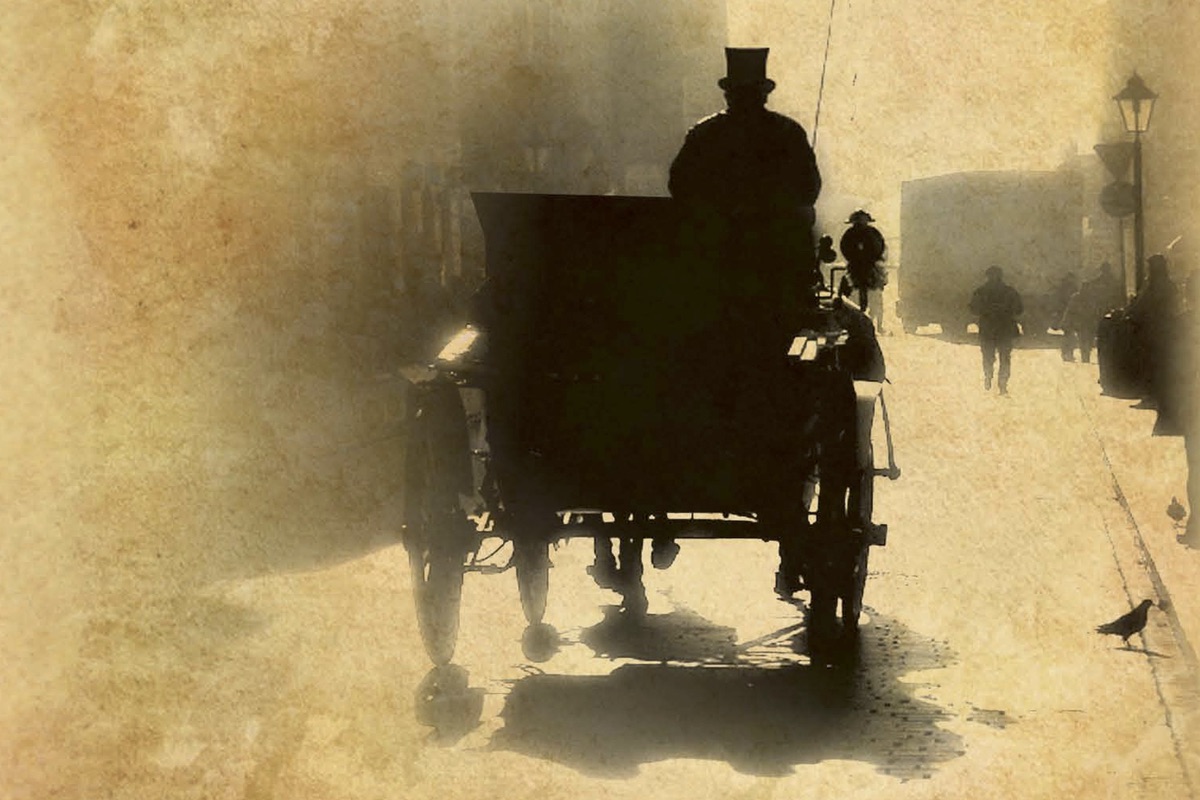From Contemporary Novels To Writing My First Historical Novel

My husband and I give talks all over the UK as a duo called Murder Ancient and Modern. When I tell you that he is Edward Marston, you will understand that he is the Ancient half - I, of course, specialise in contemporary crime, usually featuring a feisty female detective, amateur or professional.
So what on earth am I doing advising aspiring historical novelists? It was a question I asked myself, as it happens. However, I do have some credentials, mostly as a short story writer.
It was my passion for cricket that started me off – why not use the legendary cricketer, W G Grace, as a detective? W G appears grandly and egotistically in several little adventures, and I like his over-the-top personality so much I'd have loved to use him as the hero in a full-length work. However, like any real-life character, his life is extremely well-documented, and though I know more than most about my subject, I'd have put money on my getting some detail wrong. I'd have had him solving a problem in Gloucestershire at a time when he was actually insulting an umpire in Australia – and people would have noticed. There are very distinguished authors who take such risks, but I am not one of them.
I've also written short stories about other periods of history – the aftermath of the Norman Conquest, when Anglo-Saxons were brutally subjugated by William the Bastard and his unsavoury minions, and the English Civil War, when families were torn apart by their beliefs. But these were toes dipped into the water: because of my commitments to my series of contemporary crime, I didn't have the time to immerse myself as fully in the periods as I felt I needed. I needed more than a textbook knowledge of the historical facts. I needed to know the deep driving impulse behind everyday behaviour: religion, social class, diet, life expectancy, gender, and more. In other words, I needed to reconstruct for myself, and more importantly for my readers, an entire world.
I never quite gave up on the past, however. The distinguished English writer Catherine Aird inspired me to rewrite Hamlet (as one does), and I was once complimented on getting into the heart and mind of a parrot. But it took the wonderful anthology editor, Mike Ashley, to start me on the road of Regency crime. I suspect he thought when he asked me to write a short story set in the Regency that I'd produce something of a bodice-ripper, or have Mr Darcy popping up in a wet shirt, and this, to be fair, was my original intention. I thought, having read all Jane Austen's work many times, even her letters, and followed these up with pretty well every biography going, that I knew the Age of Elegance pretty well. And hadn't I been addicted to the frivolous but historically immaculate Georgette Heyer romances? I knew the language, the social mores, the wider events of the time (which Jane Austen barely refers to, of course). I even knew the supremely elegant buildings of the time, thanks to the National Trust. Music? Never was there more devoted fan of Haydn, Mozart and Beethoven.
Easy! Bosoms would heave.
But it wasn't as straightforward as that. Even for a short story there must be research, especially if someone has done you the courtesy of commissioning your work. And the more I read, the more I realised that for the vast majority of the English of the time life was more a scraped existence. Of course the leisured middle classes were growing in number, hence the rise of the novel, but there was also a huge agricultural underclass living in the direst poverty, literally starving in the midst of England's plenty.
If I ever had a plot, I tore it up. Anything I wrote must reflect this. But since the labourers were almost uniformly illiterate, they couldn't be viewpoint characters. My speciality is women protagonists, but in the years of which I was to write, 1800-1820, women didn't have the freedom to wander round the countryside – or especially the towns – without a chaperon, male or female. To mix in society, male patronage was essential – remember poor Jane Austen's period in Bath with her widowed mother, when she simply could not go to concerts or balls because there was no man on the scene to guarantee her respectability. So I would have to have a male lead.
Again, social divisions were a problem: even a middle-class man wouldn't have access to all levels of society – so vital a visitor as a doctor was admitted to a great house via the servants' entrance.
Thus it was that the Reverend Tobias Camion came into being. Unlike many lowly colleagues, as the estranged son of a noble family he would be admitted into any drawing room in the land. He was happiest in the company of a doctor and a housekeeper. His dearest friend and mentor was his groom, so he had constant reminders of the state of the lowliest of his parishioners. He was intelligent enough to ask questions, but so self-effacing people would talk to him freely.
When the short story later grew into a full-length novel, which then had a sequel, I knew I'd earned my stripes as a writer of historical crime fiction. But it needed far more reading and research, in far greater depth, than I would ever have imagined.